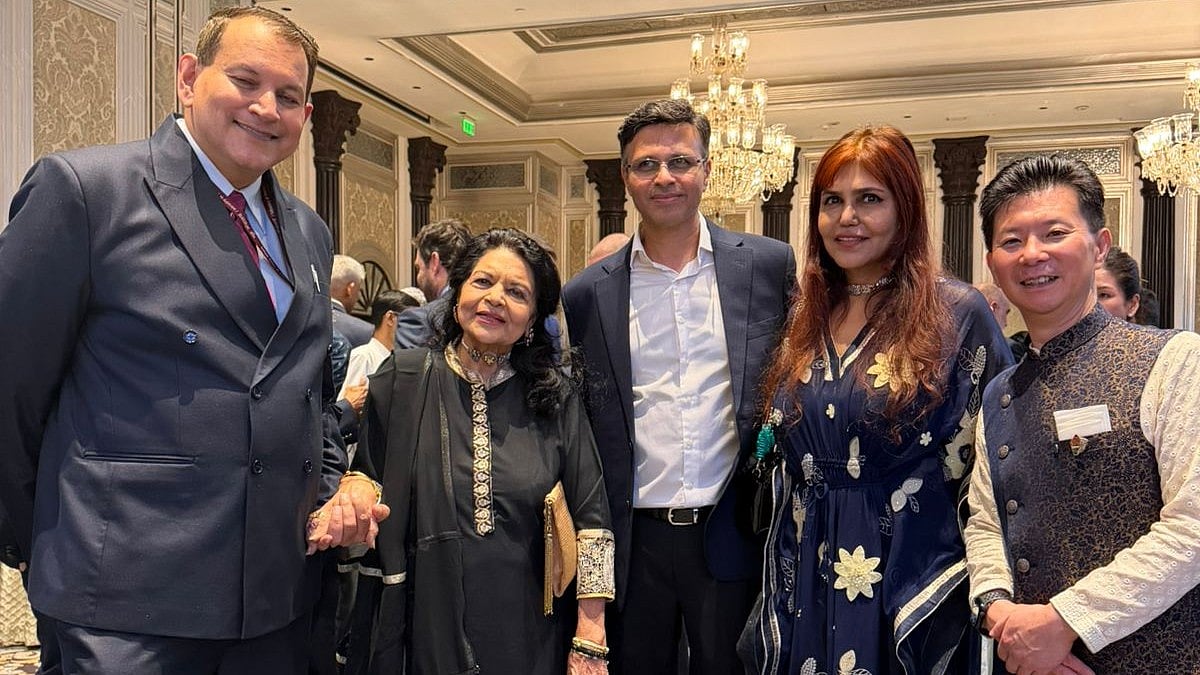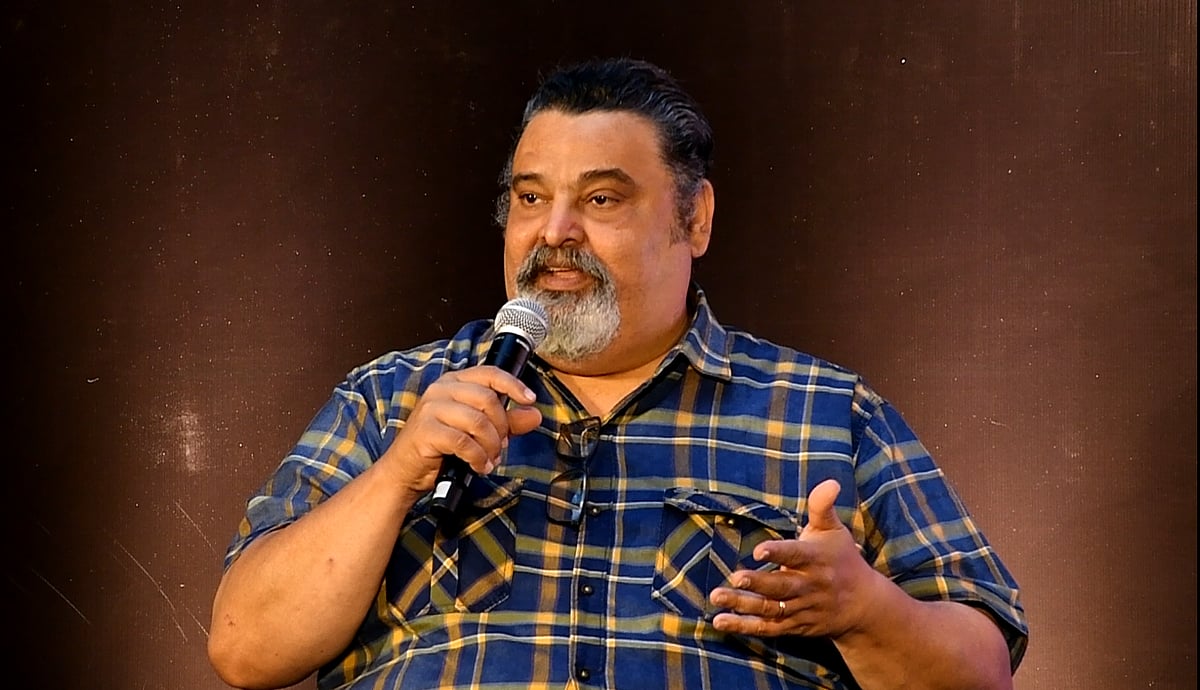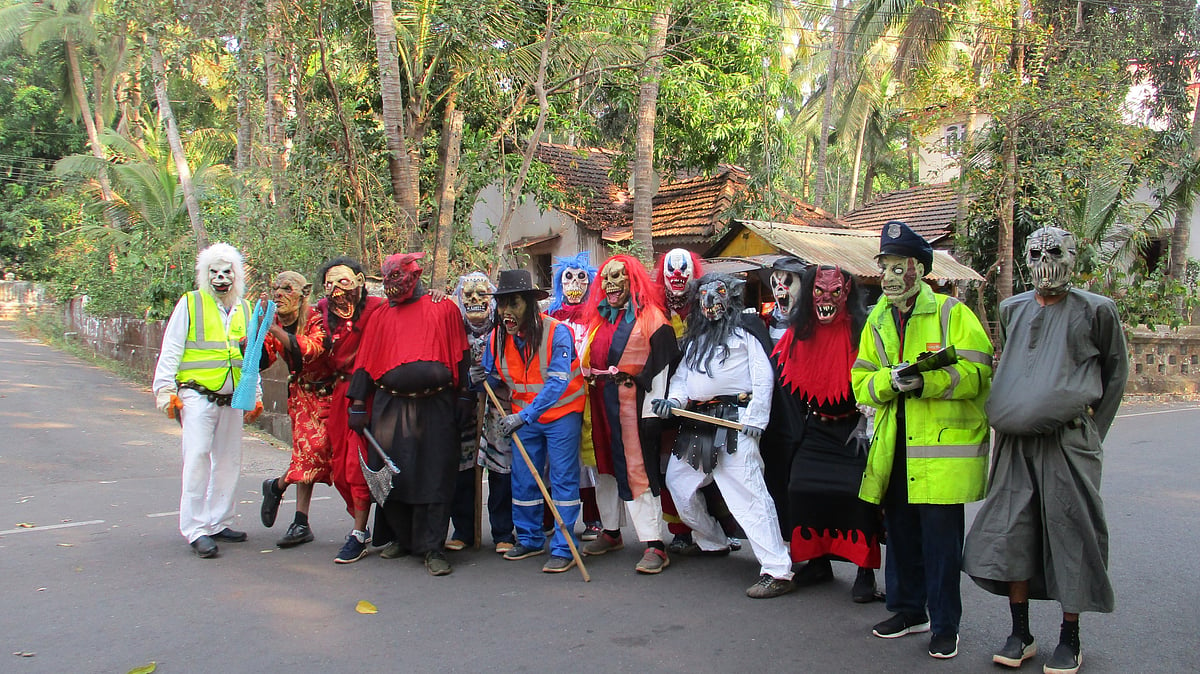There is something in the air of the cities that makes us feel lonely. When standing at a busy traffic light just look up. The urban landscape with tall glass towers are built for loneliness — there lies an architectural magnificence to cut people off from each other.
Before the pandemic, people would work till late night in the metros; there would be many employees who chose to stay back to avoid going back to their homes where they lived alone. During the pandemic, employees being forced to work from home resulted in a mental health crisis. You can certainly blame it on urban loneliness - the syndrome of feeling alone in the crowd, which affects mostly the millennial corporate professionals.
Is it for real?
Explaining urban loneliness, Kamna Chhibber, the head of the Mental Health Department at Fortis Healthcare, said, “Loneliness within urban areas is a growing reality. It manifests in the form of feeling disconnected from the self and others, and experiencing situations as having to be dealt with on one's own without the support of significant others. It reflects a state in which individuals, despite being surrounded by multiple people, experience a lack of spaces where they can truly share experiences, thoughts and feelings or seek them out to build the narrative of their lives.”
The inner turmoil manifests into daily activities. One starts questioning everything, right from mundane tasks. “It can easily turn into concerns around what people are working towards, why they are doing the things that they are doing, and wondering about how life would be if they do not have their families surrounding them. The disconnect also manifests in the context of the self as people continue to find themselves having to engage in ways of building their lives and livelihoods and continually having to be busy in the pursuit of work, chores, roles and responsibilities,” Dr Samir Parikh, Director at the Department of Mental Health and Behavioral Sciences Fortis National Mental Health Program said.

There is a constant rush to go about doing things and reach high levels of achievement. At times it doesn't even let one take break from to reflect and introspect to align the self with what is important. “At the same time there are constant pressures from work and substantially narrowing relationships, the landscape of which has changed. The gadgets have become strong preoccupations and a focus on the right lifestyle does not necessarily exist. There is a pervasive desire for more and a constant chatter of competition surrounding people pushing them to keep moving and doing things,” added Dr Parikh.
Awareness quotient
People are becoming increasingly aware that it is not just mental health-related illnesses that warrant help and support. Loneliness is not a mental health illness and people would not need to see a psychiatrist for the same unless they were to develop symptoms of anxiety disorder or depression or any other clinical condition in the context of what the experience of loneliness is like for them. However, they do contact psychologists for the same and there is a growing recognition that taking care of one's mental health and well-being is crucial towards maintaining a good quality of life.
The first step is to recognise there is a problem and reaching an acceptance that you too can struggle to cope with situations where you feel alone or disconnected from people, your environment or more crucially your own self.
“It is the sense of understanding that any individual can experience a challenge to their mental well-being that allows people to feel the willingness to seek help or support. This can start with reaching out to the individual's pre-existing social support network or looking towards building the connections or bridging the gaps that one does experience in one's life,” said Chhiber.
“Reaching an expert becomes critical when a person continually hits roadblocks in being able to either determine the ways forward or implement the understanding they do have of the way to move forward. When social support is missing from the environment of an individual, reaching an expert can be helpful. At the same time, if the experiences of loneliness are leading to disruptions in patterns of thinking and feeling, leading to changes in sleep and appetite, or causing a person to feel like they need to withdraw and isolate, or creating excessive worries around current and future prospects and situations, it would warrant consulting with an expert for the same,” she added.
The antidote
Developing a mindful way of approaching life is important and it necessitates that people first slow down and reflect on what they desire. “Beginning to savor each moment and every activity and pushing yourself to be in the moment is helpful. Disconnecting from gadgets, doing a digital detox and instead immersing oneself in one's surroundings and choosing to engage with the real world and the environment can be helpful. It becomes important in this regard to begin to draw boundaries and say no where needed to be able to bring into focus what is of great meaning and value to the individual,” said Dr Parikh.













